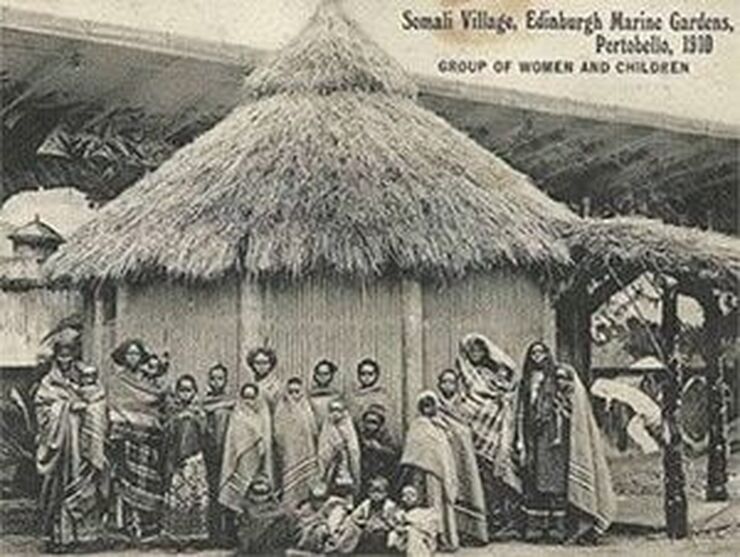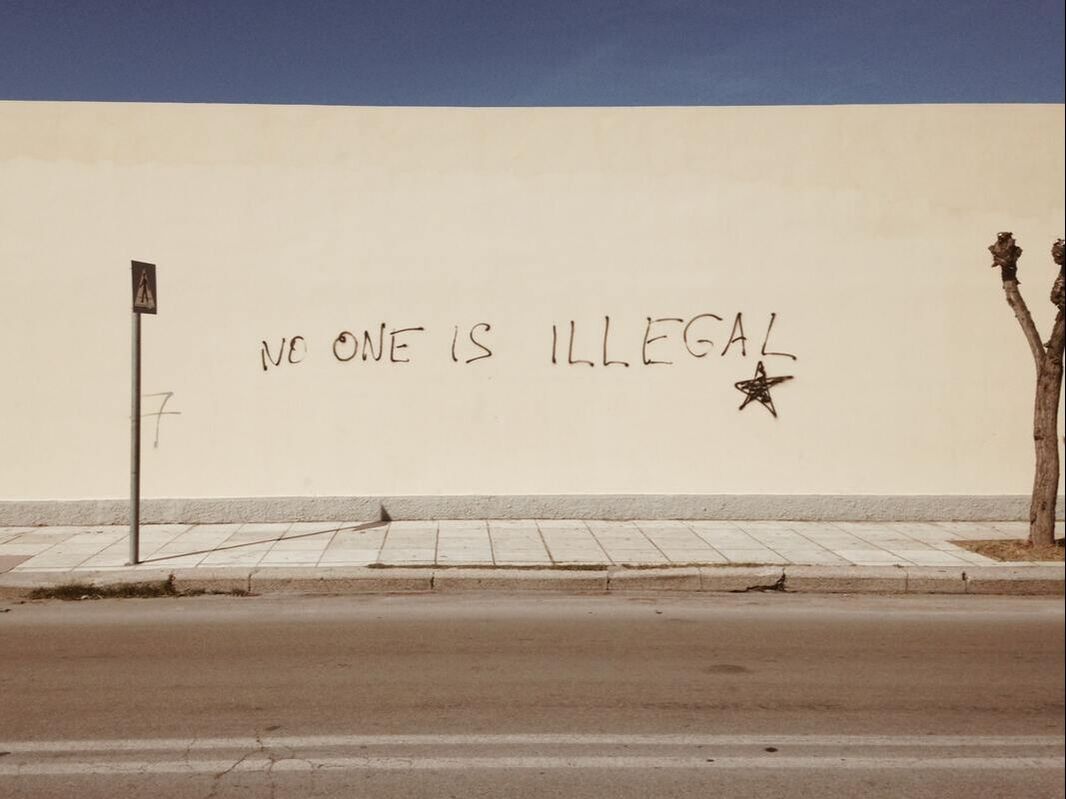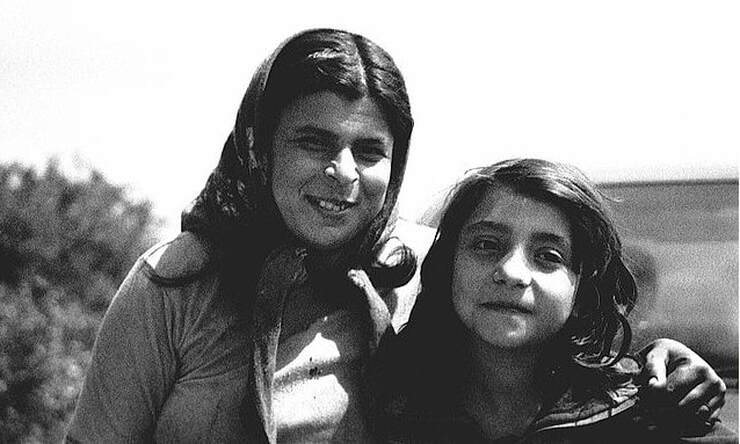|
|
|
Cross-posted from British Sociological Association
How is history written and by whom? These are questions that have been raised with frequency across the decolonising movement and in particular, by the Cadaan Studies movement, which has focused on knowledge production relating to Somali people. Started in 2015 by Harvard doctoral candidate, Safia Aidid, the movement provides a framework through which to critique the role of whiteness and white privilege in shaping narratives about Somali people. The canonical work of Glaswegian-born I.M. Lewis has come under particular scrutiny not in the least due to his twin roles as anthropologist and administrator for the British colonialists in (then) British Somaliland in the 1950s. Yet whilst the colonialist activities of a Scotsman in Somalia shaped global discourses about Somali people, the narratives of Somali people in contemporary Scotland, many of whom now live in the same area of Glasgow in which Lewis was born, remain absent from local and transnational histories. We unravel and critique this absence. Today in Scotland, there is a Somali population of up to 4000 people. The population has grown in the main since 1999, following the state-enforced dispersal of asylum seekers to sites around the UK. Despite residing in Scotland for nearly two decades, the Somali population continues to be framed in these terms, considered ‘new’, as ‘migrant’; as without history prior to arrival in Scotland and without historical links to Scotland. These narratives obscure a much longer history of Somali people living in Scotland, and of Scotland’s relationship with Somalia.
0 Comments
On April 11, 2015, Pia Kjaersgaard, former leader of radical right populist Danish People’s Party concluded in her opinion piece: ‘We must dare to say that Christianity is better than Islam’. One year later, during the so-called burkini debate in France, Marine Le Pen, leader of radical right populist National Rally (formerly National Front), wrote in her blog: ‘This is the soul of France that is in question (…) France does not lock away a woman’s body, France does not hide half of its population under the fallacious and hateful pretext that the other half fears it will be tempted.’
These examples illustrate phenomena that have interested both academics and the public following the rise of radical right populist parties in the last couple of decades. More clearly, how are religion and gender featured in the rhetoric of such parties? These debates reveal two paradoxes.
'Refugees must be taught how to best fit in': so reads the title of Times columnist Clare Foges following the fall of Afghanistan in August 2021 to the Taliban and the subsequent mass exodus of Afghan men, women and children towards Britain. This wilfully juxtaposes a ‘non-native’ other with the presumed ‘natives’ of the UK and places expectations on the new arrivals to adapt to ‘our way of life’. This emphasis on assimilation and the eradication of difference and is one of the core demands often placed on the racialised ‘non-native’, ‘foreigner’ or ‘non-integrated’ co-citizen on their arrival to the West. It is but one of many recent examples of a far right discourse of ‘nativism’ being published in a mainstream broadsheet, and passed off as ‘sensible politics’.
Much of the scholarship on the far right has taken an ‘ideational approach’ to nativism which entails the following three assumptions:
In the early 2010s, France repatriated a large number of Roma back to Romania, following a series of highly controversial reforms by Nicholas Sarkozy’s government (BBC, 2010). Campaigners for human rights, free movement, and workers’ rights hotly contested those harsh actions of forced repatriation, which were widely discussed in international media. A Romanian article called ‘Back to the life of Gypsy in Romania’ (Micu, 2010) suggested that most of the transnational worker Roma went back to their homelands in the rural part of southwestern Romania. Taking an insight into this particular Romanian area, our recent study in Identities: Global Studies on Culture and Power explores perceptions of Roma people amongst the non-Roma community and how the Roma people respond to these perceptions today (Creţan, Covaci and Jucu, 2021).
To understand the social position of the Roma community in Romania, it is necessary to take a step back in history. Following the fall of communism, Eastern and Central European passed through a series of massive social and economic transformations. The area we explored in our study is on the border of Romania and Serbia and has traditionally been multicultural and multi-ethnic. However, it is also the site of long-term marginalization for the Roma communities. The shift towards a capitalist economy has exacerbated their ‘othering’, since the new economy offers the Roma few possibilities. Consequently, many joined the new transnational labour force in Europe, working abroad as seasonal labourers (including those targeted by Sarkozy in France). Others chose to leave behind their traditional skills and assimilate into majority society. The loss of guaranteed work which the Roma had under the communist regime has tended to intensify the post-communist direct discrimination against Roma, since they are often stigmatized as unemployed and dependent on public welfare. |
|
Explore Identities at tandfonline.com/GIDE |
|
The views and opinions expressed on The Identities Blog are solely those of the original blog post authors, and not of the journal, Taylor & Francis Group or the University of Glasgow.




